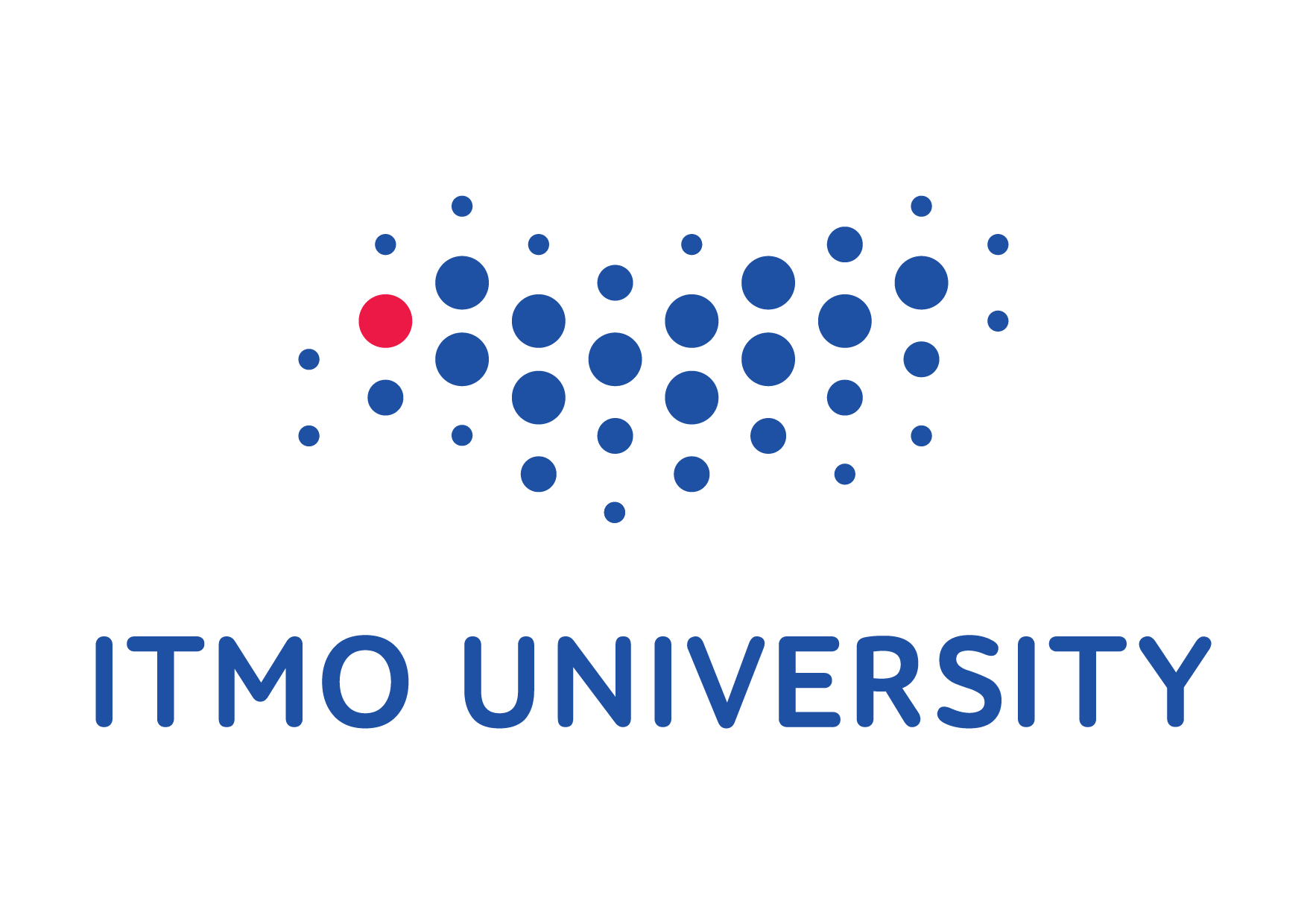ITMO: ITMO Hosts First Research Summer Camp in Biotechnology
ITMO University recently hosted the first Research Summer Camp in Biotechnology, organized by the international research center Participants from nine countries including China, India, Egypt, and Turkey gathered to learn about cutting-edge methods and research trends in food biotechnologies.
Summer camp and its students
The Research Summer Camp in Biotechnology is a project by the international research center “Biotechnologies of the Third Millenium.” It took place online over the course of two weeks and included both theoretical and practical classes, during which the participants formed international teams and worked on tasks in the field of food biotechnologies.
The students got a chance to learn more about the technologies that improve human health and quality of life, studied extraction, production, and research methods for biologically active substances, as well as discussed food supplements and . Moreover, the curriculum included segments from video lectures by Dilip Ghosh, one of last year’s participants of the ITMO Fellowship & Professorship program. You can find open lectures and students’ project presentations on the research center’s .
Thanks to the support of the Vladimir Potanin Foundation, the camp was free for all participants. Being held online and in English, it attracted lots of international students from China, India, Egypt, Turkey, Mongolia, Nigeria, Pakistan, Eritrea, and Russia. According to the summer camp’s organizers, they received an offer to enroll 600 students from China, but had to narrow the number down to 35.
Among the students were winners of the competition from Egypt, Turkey, and Mongolia. They were especially motivated to gain basic knowledge in the field in order to study in the FoodTech educational program. After completing the course, almost all participants of the summer camp received official ITMO certificates worth 3 ECTS.
“The idea for this summer camp was born in 2020 as an additional way for students to learn more about food biotechnologies and enroll in one of our Master’s programs in life sciences. However, according to the letters of motivation we’ve received, many students also see this course as a way to acquire new learning experience in biotechnologies as part of an international team,” says Liudmila Nadtochii, PhD, head of the Research Summer Camp and an employee at the international research center “Biotechnologies of the Third Millenium.”
Creators
Not only lecturers and employees of the international research center “Biotechnologies of the Third Millenium” took part in the development of the camp’s curriculum, but also PhD and Master’s students of the Master’s program. They worked on videos and knowledge evaluation materials, as well as held and moderated online classes.
Other ITMO departments were involved too: for example, the International Admission Office and the Institute of International Development and Partnership helped attract students from different countries, while ITMO.Mentors gave a hand with the organization of the learning process.
Achieved results
The summer camp allowed students to get acquainted with ITMO’s best practices in the field of food biotechnology. The program was primarily designed for Bachelor’s and Master’s students; however, among the participants were also young scientists who wanted to improve their knowledge of the modern methods that are used to study food systems and of the approaches to optimizing food quality and safety based on international standards.
Valentina Shiretorova
Summer camp participant, PhD, senior researcher at the Laboratory of Chemistry of Natural Systems (Baikal Institute of Nature Management)
There were many reasons for me to apply. Firstly, ITMO University is one of the leading national universities and this camp is an opportunity to learn from the best specialists in biotechnologies about contemporary methods, tools, and approaches. Secondly, it was free and held online. As a bonus, we enhanced our English writing and speaking skills.
I loved the extra activities like quizzes and crossword puzzles that helped us memorize information. Despite the language barrier, we managed to establish communication inside our team and complete our project. It was fascinating to learn from international students, who use different approaches in their research.
If I would study the camp’s topics on my own, I’d spend more time on it and wouldn’t gain such a comprehensive view of the field. During the learning process, I came up with several ideas that I plan to apply in my research into functional food products and bioactive supplements.
Summer camp’s prospects
The camp’s project is included in the application Data, Digital and Imaging for Food Innovation and Design as part of the program. The results are to be announced this summer. Moreover, the summer camp may come back as an offline event, as requested by participants, and even spin off into an advanced winter school on biotechnologies and ecology.

